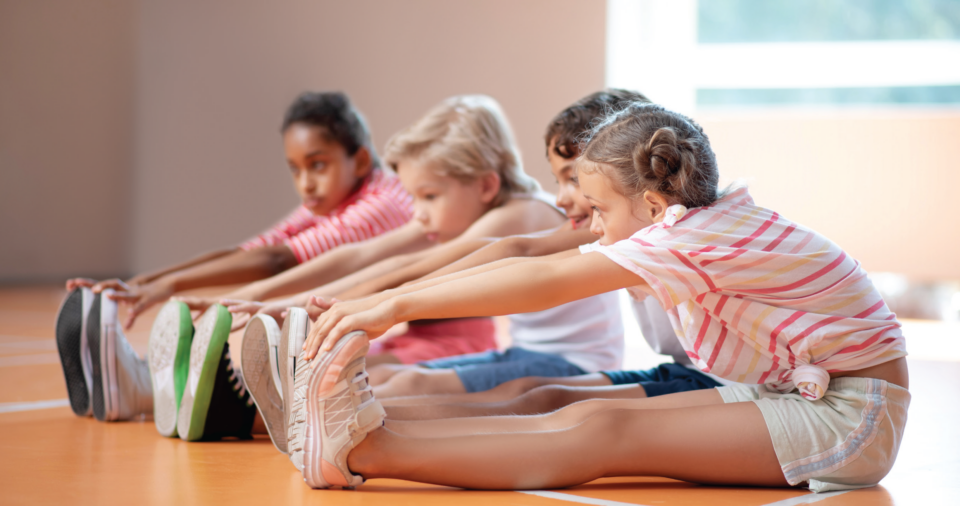Watching our kids grow is bittersweet – they are slowly (or should I say too quickly) growing up and becoming their own person. Then there comes all of the unpleasant parts of growing: body changes, brand-new clothes that suddenly don’t fit and what about those growing pains?
“Growing pains are very common. Up to a third of all children go through growing pains at some point in time,” says Eric Niemeyer, family medicine provider at The Christ Hospital Health Network.
Growing pains happen equally amongst boys and girls, and it’s possible that your kids will complain about aching up until their teenage years, when they should come to a stop.
“Typically, growing pains happen in ages 2 – 10,” says Niemeyer. “They will usually resolve on their own after one – two years. Generally,mit is much worse in the evening or even during bedtime and will usually resolve by morning; although some children may have daytime symptoms.”
However, if your kids are complaining about aches and pains, never take it lightly. Knowing where the pain is coming from is first and then taking it up with your pediatrician. According to Matthew Busam, MD at Mercy Health Orthopedics and Sports Medicine and chief medical officer at FC Cincinnati, while pain can be common, it should never be viewed as “normal.”
“Children can experience pain for a large variety of reasons including injuries, low tolerance and psychologic distress,” Busam explains. “Rarely, musculoskeletal pain can be a sign of a serious diagnosis. Ignoring pain is never a good choice.”
Understanding what is causing the pain is really the most important thing, he continues. Communicate often with your kids; every kiddos has a different pain tolerance depending on them and their age, so ask your kids often how they are feeling. Most kids are pain free and will go about their active, daily activities with no issues.
Cause of Growing Pains
Growing pain aches can happen behind the knees, thighs or calves, however, the cause of growing pains is actually unknown.
“They are not related to periods of rapid growth as previously thought,” says Niemeyer. “They may be due to some overuse, mild orthopedic injuries from sports.”
Doctors still are not sure exactly what the cause can be, as some kids experience pain and some kids don’t, but what they do know is that there may be some genetic components, according to Niemeyer, and there is likely no harm in growing pains and they won’t stunt your kids’ growth. Also good to know, there is no connection between growing pains early in life and worsened injuries/bone pain/orthopedic issues in their future.
“The most accepted medical opinion is that increased activity during the day leads to pain at night,” says Busam. “It usually happens to both legs, comes and goes, and does not happen every day.”
Alleviating the Pain
First, get your kids involved with a variety of activities so that they use different muscles to avoid overuse or injuries, and encourage them to continue normal activity levels; playing only one sport year-round with no breaks in between can lead to injury.
“Pain from an overuse injury or damage to a growth plate is a different phenomenon,” says Busam. “This pain is localized (usually one joint), reproducible (occurs regularly and predictably) and needs treatment.”
SOOTHING GROWING PAINS
- Gentle massage
- Warm compress
- Tylenol or ibuprofen
- Stretching
- Getting up at night and walking around
- Resting in between activities
- Warm baths before bed





